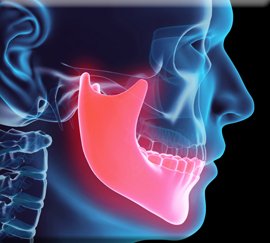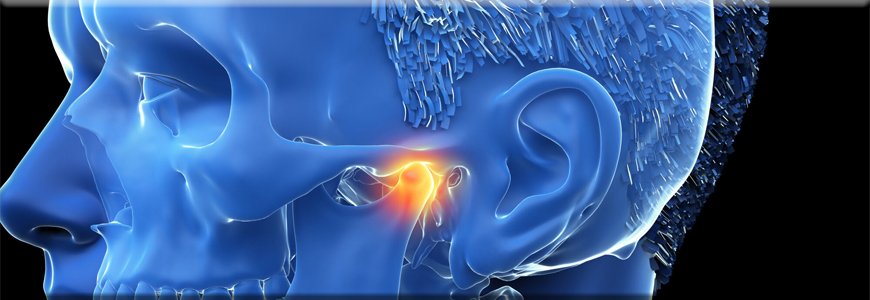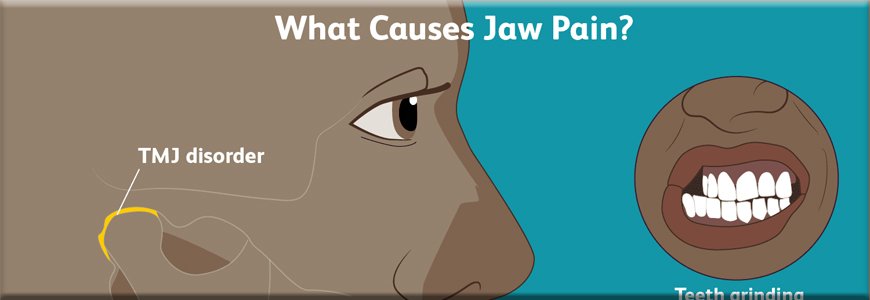What is Jaw Problems?
Jaw problems encompass a range of conditions that affect the temporomandibular joint (TMJ), muscles, and surrounding tissues in the jaw area. The temporomandibular joint acts like a hinge, connecting your jawbone to your skull, facilitating essential movements like chewing, talking, and yawning. When issues arise within this complex system, it can lead to discomfort, pain, and dysfunction, collectively known as temporomandibular disorders (TMD).
One common type of jaw problem is temporomandibular joint disorder (TMJD), characterized by pain or stiffness in the jaw joint and surrounding muscles. This condition may result from various factors, including jaw injury, arthritis, excessive teeth grinding or clenching (bruxism), misalignment of the teeth or jaw, stress, or even genetics. Symptoms of TMJD can vary widely, ranging from mild discomfort to severe pain, difficulty chewing or opening the mouth, clicking or popping sounds when moving the jaw, and even headaches or earaches.
Another prevalent issue is bruxism, which involves grinding or clenching the teeth, often unconsciously, especially during sleep. Bruxism can lead to jaw pain, tooth wear, headaches, and muscle tension. It's often associated with stress, anxiety, or misaligned teeth, but the exact cause may vary from person to person.

Less common but more severe conditions include jaw dislocation, where the joint moves out of its normal position, and osteoarthritis or rheumatoid arthritis affecting the TMJ, leading to chronic pain and limited mobility.
Diagnosing jaw problems typically involves a thorough examination by a dentist or oral health specialist. Treatment options vary depending on the underlying cause and severity of symptoms. Conservative approaches may include lifestyle modifications, stress management techniques, physical therapy, or wearing a mouthguard to protect the teeth from grinding.
In more severe cases, medication, injections, or surgery may be necessary to alleviate pain and restore function.
jaw problems can significantly impact quality of life, affecting everything from eating and speaking to overall well-being. Early recognition and appropriate management are key to preventing complications and improving outcomes for individuals affected by these conditions.
Before undergoing any smile correction treatment, it's essential to consult with a qualified dentist or orthodontist to determine the most suitable option for your needs. They can assess your oral health, discuss your treatment goals, and recommend the most effective approach to help you achieve the smile of your dreams.









